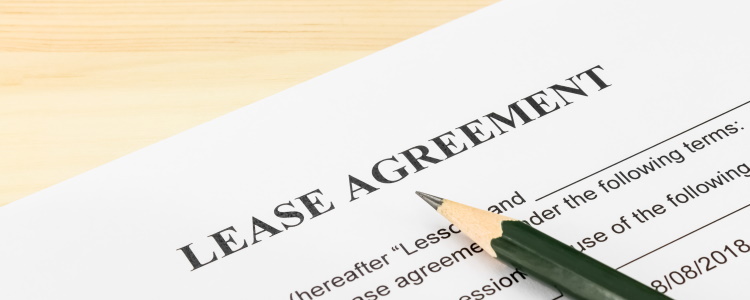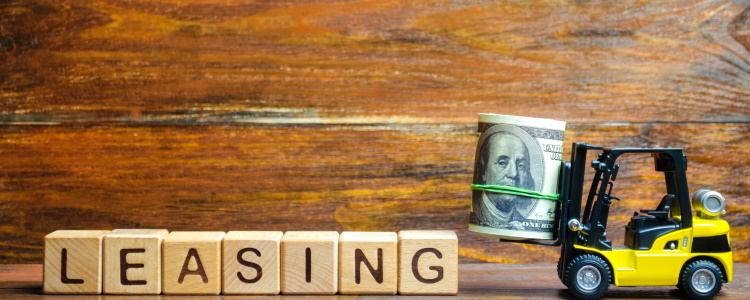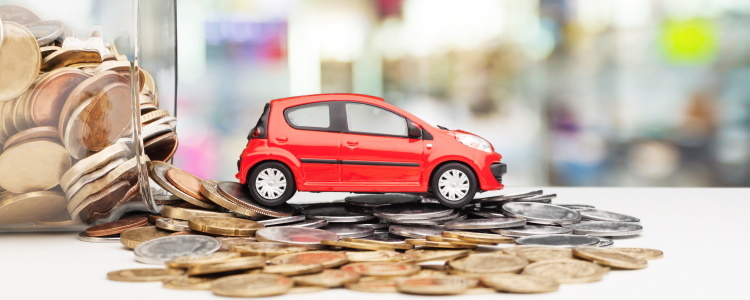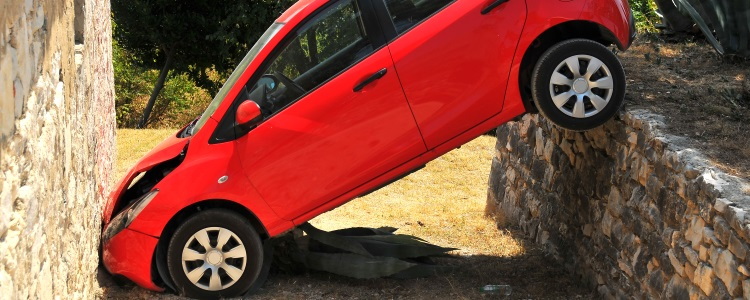Although it can be difficult to qualify, there are some companies that offer bad credit leases. If you’re considering leasing your next car instead of buying, you should be aware of these five things to avoid so you can make the most of your lease.
5 Things to Avoid When Leasing a Car
Leasing is worth it to some people because of the potential for a lower monthly payment and the lack of long-term commitment. However, leasing could end up costing more if you don’t pay attention to these five things:
- Not having GAP insurance – Make sure your lease comes with GAP coverage. If it doesn’t, sign up for coverage from a third party. Having GAP insurance is important if the vehicle gets totaled or stolen because it covers the difference between what you owe on the lease and the car’s value.
- Choosing a longer lease term – You shouldn’t get a lease with a term of more than three years. You're better off keeping it as short as possible because of the vehicle’s warranty period. Most new car warranties last either three years or 36,000 miles, whichever comes first. If you continue to lease past this point, you're responsible for any repairs or parts that need replacing.
- Not enough miles – There are mileage limits to every lease, and you need to pick a cap that makes sense for your driving needs. Leasing contracts typically have a mileage limits that range from 10,000 to 15,000 a year. You must be at or below the mileage limit at lease-end; if not, you’re responsible for paying for each additional mile. This usually costs around 25 cents per mile, which adds up quickly.
- Paying too much up front – Putting money down isn’t required in leasing. A lease down payment is called a capitalized cost reduction, and it only pre-pays the lease. While making a cap cost reduction decreases your monthly payment, it doesn't save you money in the long run like a down payment on an auto loan does. This is because the total cost of the lease is pre-computed at the beginning.
- Neglecting maintenance – Just like buying a car, you need to keep up with the vehicle’s recommended maintenance schedule and fix any minor issues such as dents or scratches. If you don’t, you could be charged excess wear and tear fees at lease-end.
When Does Buying a Car Make Sense?
If you’re unsure about whether you should lease or buy your next car, consider where your credit stands. Not all leasing companies work with bad credit. Some captive lenders, such as Kia Motors Finance, are known for more commonly offering leases to those with less than perfect credit.
If you're afraid you can't get approved because your credit is too low, you should consider financing instead. Bad credit auto financing is easier to get approved for than a lease as long as you work with the right lender.
You should be looking for a subprime lender, who specializes in working with bad credit borrowers, and a dealership with a special finance department. These lenders do use your credit score as a factor for approval, but they also consider outside factors such as your income.
When you finance a vehicle with a bad credit car loan, you give yourself the chance to build credit over time. You also free yourself from the strict rules of leasing. You aren’t confined to any mileage limits, you can pick the loan term that best fits your budget, and you don't have to worry about being charged for excess wear and tear.
Need Help Finding an Auto Loan?
Whether you want to lease or buy your next vehicle, Auto Credit Express wants to help you get the process started. We work with a large network of special finance dealers all across the country that have lenders available to help people who are struggling with credit issues.
Our process matches you with a local dealership in your area – it's free, easy, and there's never any obligation. To get started, simply fill out our auto loan request form today!
















